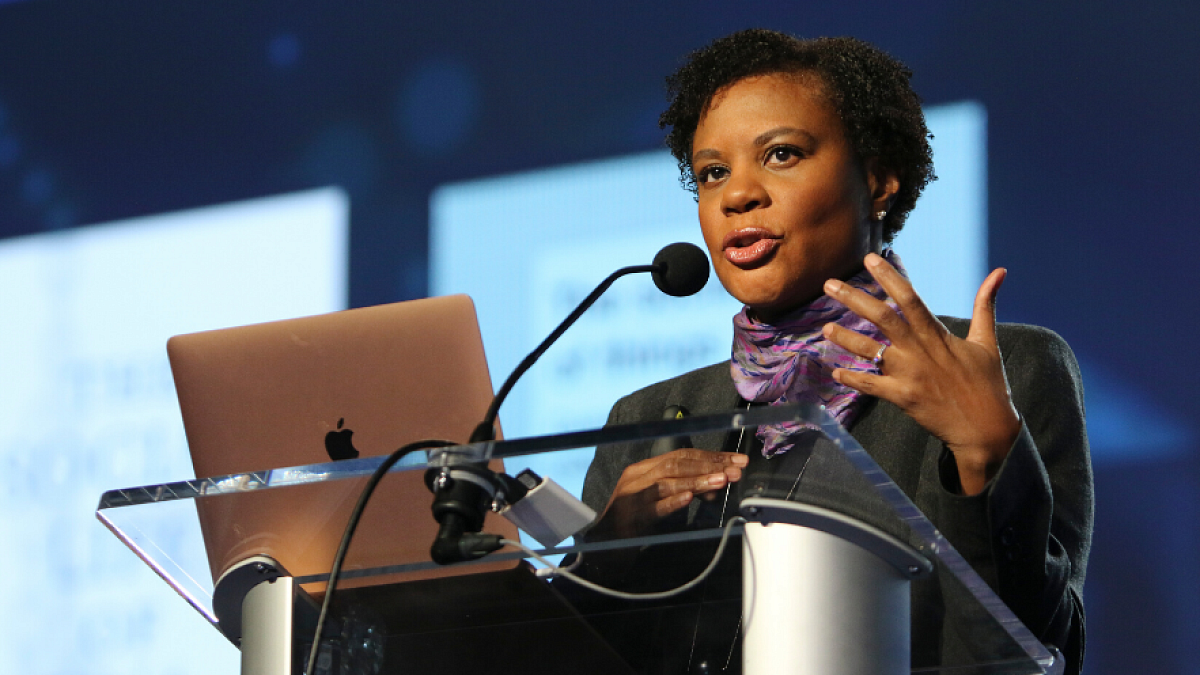The importance of DNA research to critical contemporary issues on race will be the subject of a virtual talk, “The Social Life of DNA: Race, Reparations, and Reconciliation after the Genome,” by scholar and author Alondra Nelson.
The virtual talk will be held Oct. 7 from 4 to 5:30 p.m.
This event is sponsored the Wayne Morse Center for Law and Politics as a part of its 2019-21 theme of inquiry, “Science, Policy, and the Public,” and part of the Lorwin Lectureship on Civil Rights and Civil Liberties. It also is the first presentation of the year from the African American Workshop and Lecture Series, sponsored by the Office of the President and the Division of Equity and Inclusion.
Nelson is a leading scholar of science, technology and social inequality who has contributed to national policy discussions on the social implications of new technologies, including artificial intelligence, big data and human gene editing. She is an award-winning sociologist, president of the Social Science Research Council, and the Harold F. Linder Chair and a professor at the Institute for Advanced Study, an independent center for theoretical research and intellectual inquiry.
Nelson is the author of “The Social Life of DNA: Race, Reparations, and Reconciliation after the Genome,” which was a finalist for the Hurston-Wright Foundation Award for Nonfiction and a Wall Street Journal favorite book. She is also the author of “Body and Soul: The Black Panther Party and the Fight against Medical Discrimination” and co-editor of “Genetics and the Unsettled Past: The Collision of DNA, Race, and History.”
“Nelson will be speaking to us at a time when race and science could hardly be more urgent issues, nationally and globally,” said Ellen Herman, co-director of the Wayne Morse Center and a professor of history. “Not only will Nelson illuminate the fascinating ways that African-Americans understand their ancestry, but her research on this subject will also help us think through the policy implications of biomedicine and genetic technology at a time of racial reckoning and public health crisis in the United States.”
Nelson serves on numerous academic boards and Brotherhood/Sister Sol, a Harlem-based youth development organization. Her essays, reviews and commentary have appeared in The New York Times, The Washington Post, The Wall Street Journal, Science, Le Nouvel Observateur and The Boston Globe, and on National Public Radio, The New Yorker Radio Hour, and PBS Newshour, among other venues.
An RSVP is requested.
—By tova stabin, University Communications


